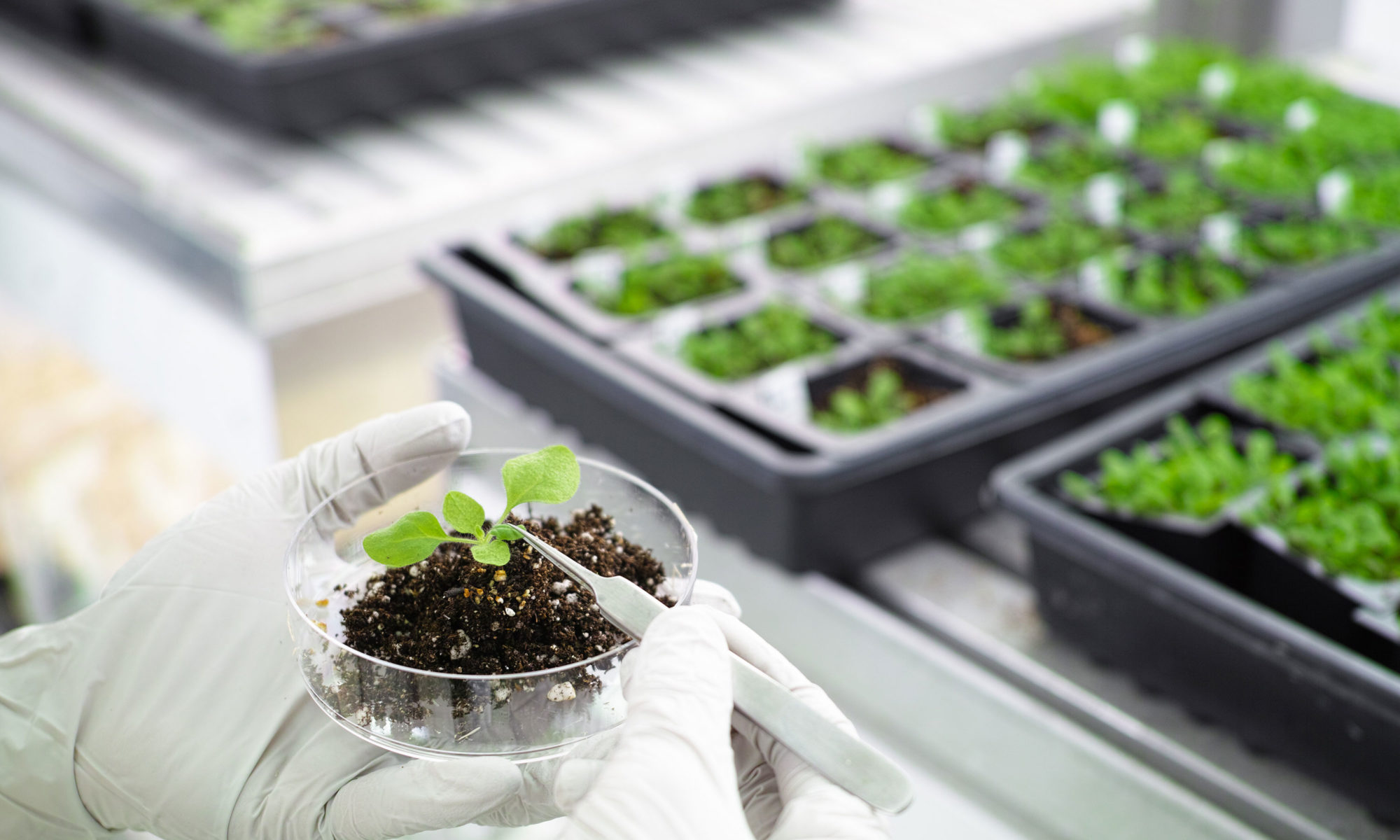The used strategy does not just restore the biomass yield. It increases the yield beyond that of wildtype plants. The findings of their study are an important step in the development of feedstock for biofuels and other bio-based materials. The results are published in the leading scientific journal Plant Physiology.
Rich in sugar
Lignocellulosic biomass is very rich in sugar, which can be used to produce e.g. bio-ethanol. However, lignin also strengthens the plant cell walls, making it difficult to get this sugar out for industrial processing of biomass.
Prof. Wout Boerjan (VIB-UGent): ‘To tackle this problem, plants are engineered to contain less lignin. These plants show large improvements in processing efficiency for downstream applications – meaning we can get the sugar out of them more easily. But at the same time, a new problem arises: they have a yield penalty.’
The yield is lowered because the lack of lignin makes the water-conducting cells of the mutant plants collapse, negatively affecting growth. In their most recent study, prof. Wout Boerjan, PhD student Barbara De Meester and dr. Ruben Vanholme, looked for a solution to this problem, focusing on a dwarfed, mutant Arabidopsis.
Four-fold increase
Barbara De Meester (VIB-UGent): ‘We allowed the biosynthesis of lignin to take place specifically in these water-conducting cells. Surprisingly, we didn’t just restore growth, but also increased the biomass of the plants by up to 60%.’ According to dr. Ruben Vanholme (VIB-UGent) ‘The combination of a low lignin amount and increased biomass in our engineered plants led to a four-fold increase in sugar release compared to wild plants.’
To take their findings to the next level, the scientists are currently investigating whether this strategy also works in poplar. Because of its fast growth, poplar is a promising feedstock for future biorefineries.



